Jakarta, Indonesia: 9 Photos From One of the World’s Most Populous Cities
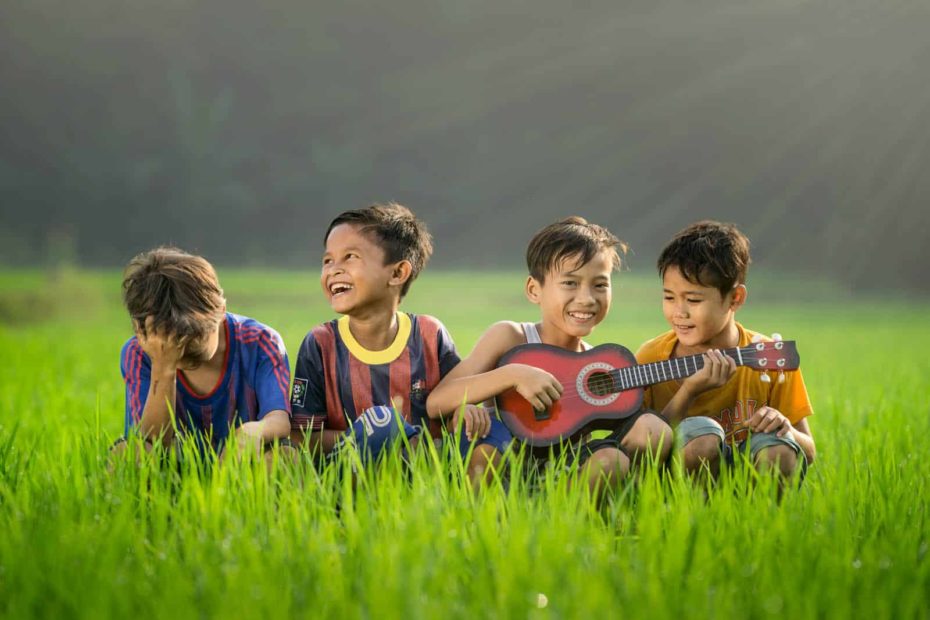
Indonesia is the fourth-most populous country in the world, with over 275 million people. The Indonesian archipelago consists of over 17,000 islands — but of primary political, social and economic importance to the country is the island of Java. It is home to more than half of Indonesia’s population and is one of the most densely populated places on earth.
Continue Reading ›17 Gorgeous Photos of Gardens Around the World
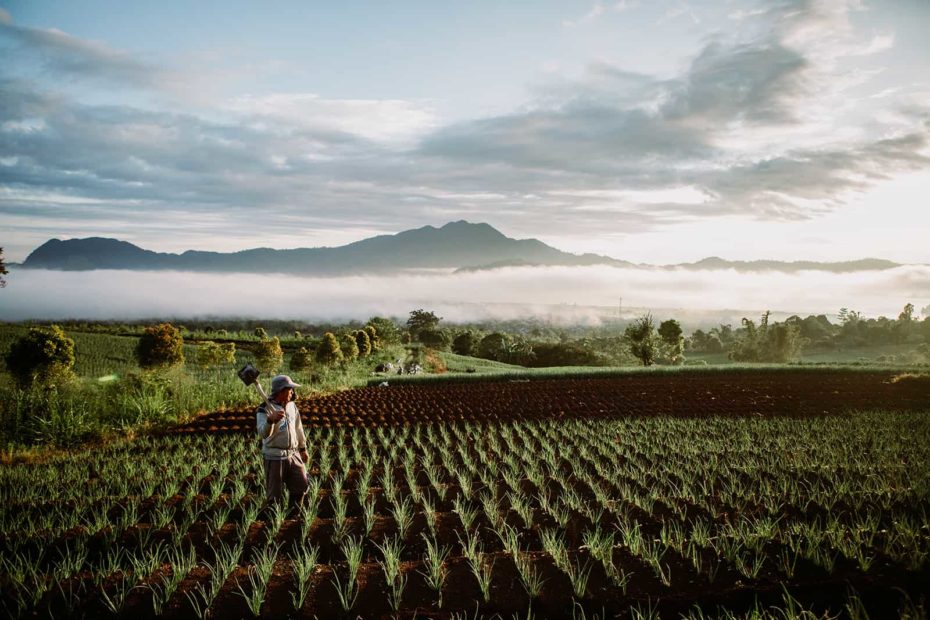
In these photos of gardens around the world, you’ll see more than just plants. In these gardens are vegetables — but also opportunities. Fruits are flourishing — and so are small businesses started by families living in poverty. A fledgling sprout peeking up from the soil can signify a whole new future for a child. Because people in poverty who can grow successful gardens have not only a source of nutritious food, but also a source of income.
Continue Reading ›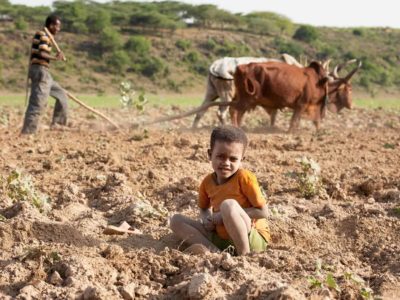
How Does the Environment Affect Children in Poverty?
How do changes in the environment affect children and their families on the front lines of poverty? Here are two stories from Uganda that reflect the devastating impact that climate events can have on the well-being of our sponsored children, and the hope that can be provided by Compassion through the local church.

3 Surprising Ways Sponsorship Is Good for the Environment!
You probably know that sponsoring helps children in poverty receive the care they need to survive and thrive. But what you might not realize is that by sponsoring a child, you might just be helping the environment too! The people most affected by the environment are those living in poverty. That’s why in many centers, children and youths are learning the importance of stewarding God’s Creation. Here is a glimpse into three Compassion centers helping children become advocates for one of their most valuable resources: the environment.
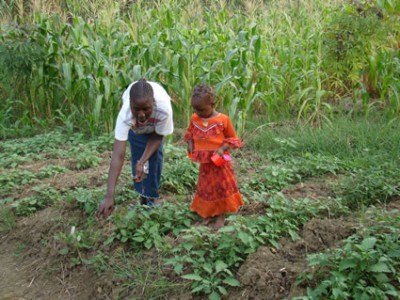
How Do We Teach Creation Care to Combat Environmental Poverty?
With lower levels of resource use and a much shorter history of using them, the developing world’s impact on the environment is much less than its developed counterparts; yet it bears a much higher price for damage done.
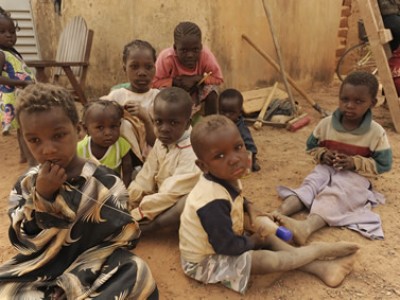
What Is the Opposite of Poverty?
Our ministry often refers to the “opposite of poverty.” And, you might think that we are referring to wealth. The opposite of poor is obviously rich, right?


